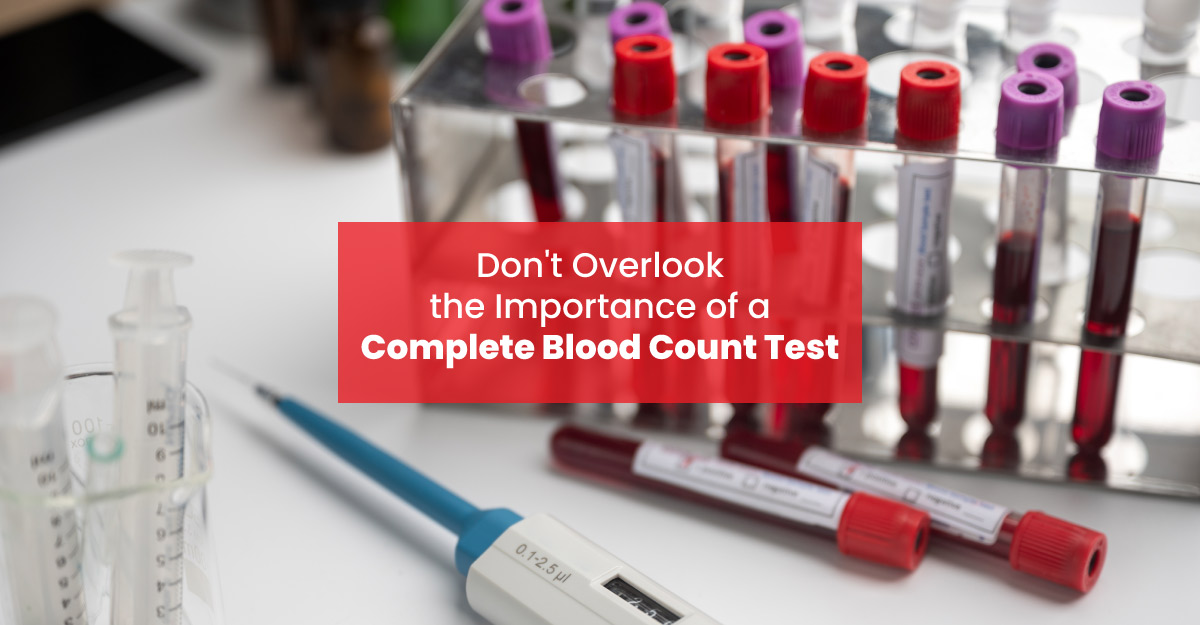What Are Red Blood Counts?
Red blood cells, also called erythrocytes, comprise haemoglobin. Haemoglobin is an iron-rich protein that gives red blood cells their color and allows them to carry oxygen from the lungs to all body parts. A decrease in the number of red blood cells is called anaemia.
There are several reasons a high RBC count may occur:
1. Dehydration
2. Low oxygen level in the blood for a prolonged time. It could be because of a heart or lung disease.
3. Smoking
4. Kidney problem with high erythropoietin production
It is possible to have a low count of RBC or hematocrit because of the following reasons:
1. Inadequate diet and nutrition
2. Blood loss or haemorrhage
3. Chronic kidney problem
4. Bone marrow failure
5. Leukemia or other blood cancer
6. Long-term infections like hepatitis
7. Autoimmune diseases like lupus erythematosus or rheumatoid arthritis
Related: 9 High Blood Pressure Symptoms You Should Know
What Are White Blood Counts?
The complete blood count test is crucial because it can give insights into what might go on inside your body. The white blood cells comprise protein, and they help fight infection. A high white blood cell count could mean that you have an infection, while a low white blood cell count could mean that you have leukaemia.
The following factors could contribute to a low count of WBC or leukopenia:
1. Autoimmune diseases
2. Bone marrow failure
3. Liver disease
The following factors can cause leukocytosis or WBC counts that are high:
1. Infectious diseases
2. Blood cancer or leukaemia
3. Inflammatory diseases
4. High level of emotional or physical stress
5. Tissue damage like burns
Platelet Count
The platelet count is a blood test used to determine if your blood has enough platelets, a type of cell that helps your blood clot.
If you have an underlying medical problem (such as cancer or HIV), your doctor may order another type of blood test to check the function of other parts of your immune system, such as T cells or B cells. It can help determine if the cause of your low platelet count is something else entirely—and if so, what it might be.
Related: 7 Malaria facts you did not know
What does a healthy value look like in a blood test?
A normal value for a full blood count includes haemoglobin (Hb) levels between 12-18 g/dL for men and 11-16 g/dL for women. The hematocrit (Hct) should be between 36-48% for men and 34-44% for women. White blood cells (WBC) should range from 4,500 to 10,800 cells/mm3. A platelet count of 150,000-450,000 cells/mm3 is ideal.
What happens if my blood count comes back as abnormal?
If your blood count result is abnormal, it could show several conditions. It’s essential to follow up with your doctor to understand what is causing your abnormal results. Depending on the diagnosis, there may be treatment options available. For example, you may need iron supplements or a blood transfusion if you have anaemia.
To confirm a diagnosis, your doctor may recommend further health tests. Book a Complete Blood Cell Count test online or visit Medbury Medicals.








No Comments